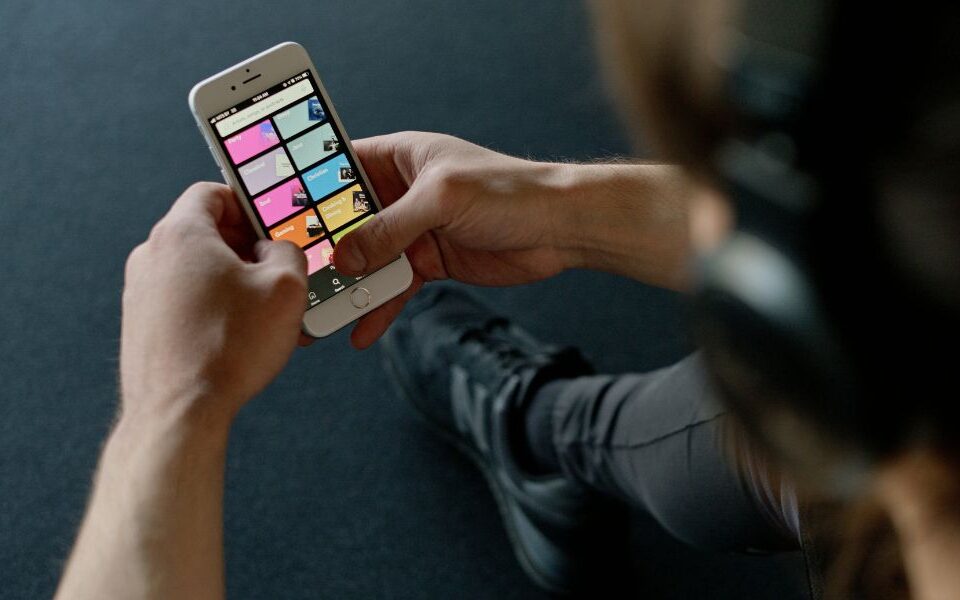- Have any questions?
- 888-432-8878
- steve@sebackground.com
Thailand: Amendments to the Labor Protection Act
July 10, 2017Director of Human Resources and Talent Management – Stephen Gaynor School – New York, NY
July 10, 2017Jenny was a petite, demure woman in her early 20s who was visibly upset when she came into my office. A recent B.A. graduate, from a prestigious university, Jenny had a scrupulous way of speaking. She was clearly anxious as she described several incidents in which the stress and chronic tension had taken a toll on her health. More often than not, she couldn’t live up to the expectations she had set for herself at work. Her reporting manager assured Jenny that what she was experiencing was Imposter Syndrome sabotaging the best of her intentions. It had some benefits, it drove her to work harder, but it also leads to job burnout and resilience.
I am equally certain that Jenny is not alone in this experience and that many who are reading this feel the same way. It is estimated that 70 percent of people have Imposter Syndrome, feeling they constantly need to improve. This means they are likely to spend working overtime to make sure they excel in every single area. Despite proof to the contrary – promotions, or a brilliant career – people who experience Imposter Syndrome are never likely to accept their own success. The chronic self-doubt and high expectations become a self-fulfilling prophecy.
“High-functioning anxiety,” is the term coined by writer Sarah Schuster, for the nagging feeling that no matter how much you do, it will never be enough. It is the gnawing sense that if you don’t check off everything
In recent years, clinical research has revealed a high correlation between worry and self-recrimination and the onset of real and significant impairment in functioning for those who experience it. The achievement, busyness and perfectionism can all be a natural consequence of Imposter Syndrome.
Work-life balance has become a myth in our society. Times have changed as well. Fifty years ago, we only had people we saw every day to compare ourselves to. Now, it looks like a world-wide competition.
The key is to slow down, take a damn breath and be happy about things as the way they are. The question is: can you slow down, and yet continue to achieve as best as you can? Here are six rules I want you to follow to live by a more peaceful inner world:
YOGA
A session of yoga can last anywhere from twenty minutes to an hour. Two scientific reviews on yoga’s effects on anxiety found that yoga helps perceptions to stress. It also increases levels of the neurotransmitter GABA, which enhances mood and suppresses anxiety. Pranayama activates the body’s parasympathetic system, a biological mechanism that calms and soothes us.
You can do the following five asanas whenever you’re feeling anxious:
Child’s Pose (Balasana)
Bridge Pose (Setu Bandhasana)
Forward Bend Pose (Paschimottanasana)
Bow Pose (Dhanurasana)
Corpse Pose (Shavasana)
Yoga gives your body a good stretch and also heals the nervous system. The healing of the nervous system helps release endorphins, which are happy hormones. The purpose of yoga is to help you get to the underlying cause of the illness and then deal with it constructively to heal and return to a healthy mind, body and spirit.
SLEEP
Only a giraffe needs two hours of sleep! We need at least 7.5 hours of quality sleep. Getting a good night’s sleep without popping an aid is the best thing you can do to help alleviate anxiety. If you’re having trouble sleeping, try limiting caffeine and alcohol. Use a meditation app to reduce tension related to emotional and bodily discomfort, and calm the mind,
Only a giraffe needs two hours of sleep! We need at least 7.5 hours of quality sleep. Getting a good night’s sleep without popping an aid is the best thing you can do to help alleviate anxiety. If you’re having trouble sleeping, try limiting caffeine and alcohol. Use a meditation app to reduce tension related to emotional and bodily discomfort, and calm the mind, body and soul.
SOCIAL
Imposter Syndrome can lead us to dumb down and not celebrate our accomplishments. Often, we punish ourselves by becoming antisocial because we feel our achievements are not up to par. Don’t do it. It’s natural inclination to withdraw because of anxiety. Reach out to your loved ones, share your feelings with others. Don’t burden yourself to handle all of it on your own, especially when you live with anxiety, day in and day out, and in the throes of panic attacks.
LAUGH
A regular diet of laughter can work wonders. Laughing is similar to deep breathing in its ability to increase oxygen level in our body. Embrace humor and give yourself a chance to be a bit lighter for even a short while during the day. Laughter is very relaxing and it gives you a sense of relief and a shift of focus.
Don’t just stick with a job, only because that’s your only chance to do something worthwhile in your life. Make friends at work, and make friends outside at work. Record your successes, and grab a team of cheerleaders who’ll root for you, no matter what. Don’t let your inner critic silence you forever. Bring the internal critic out of the woodwork.
The post Rewire your brain for greater happiness and peace of mind appeared first on The HR Digest.
Source: New feed








